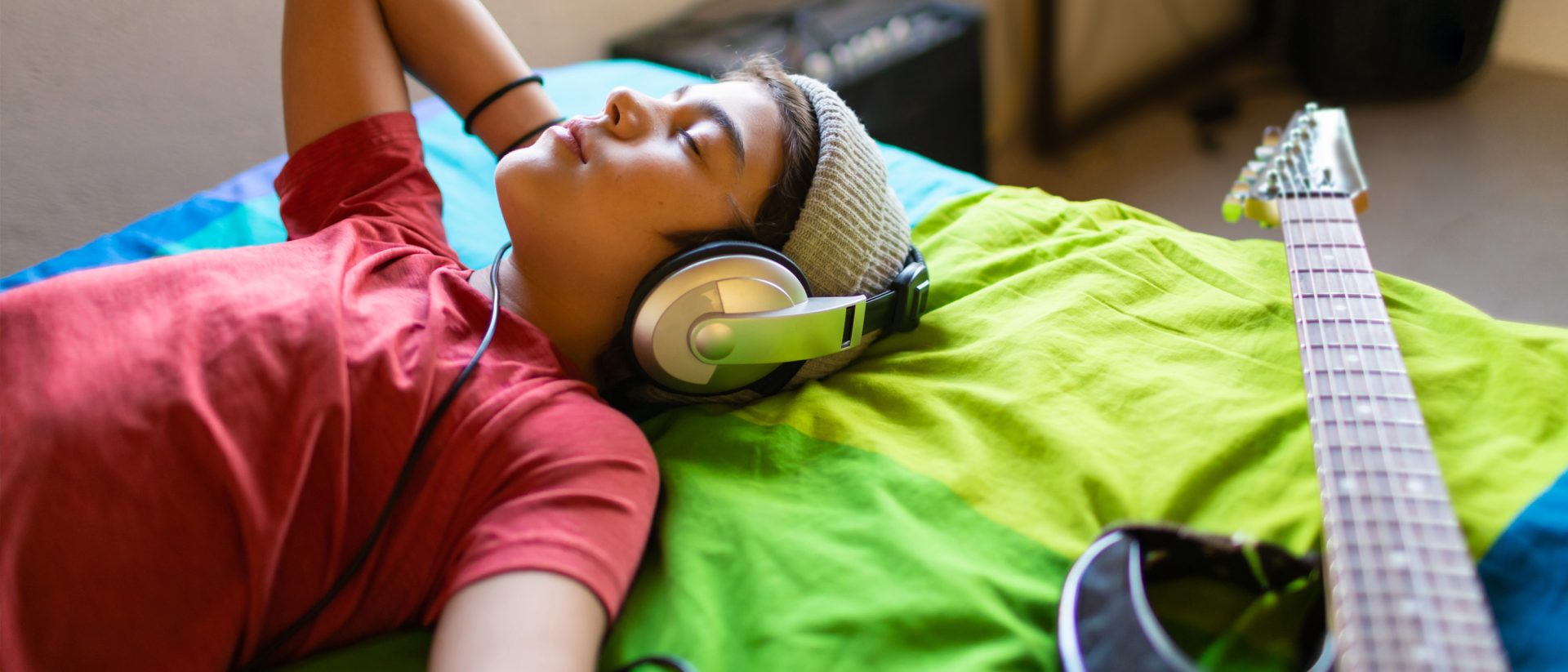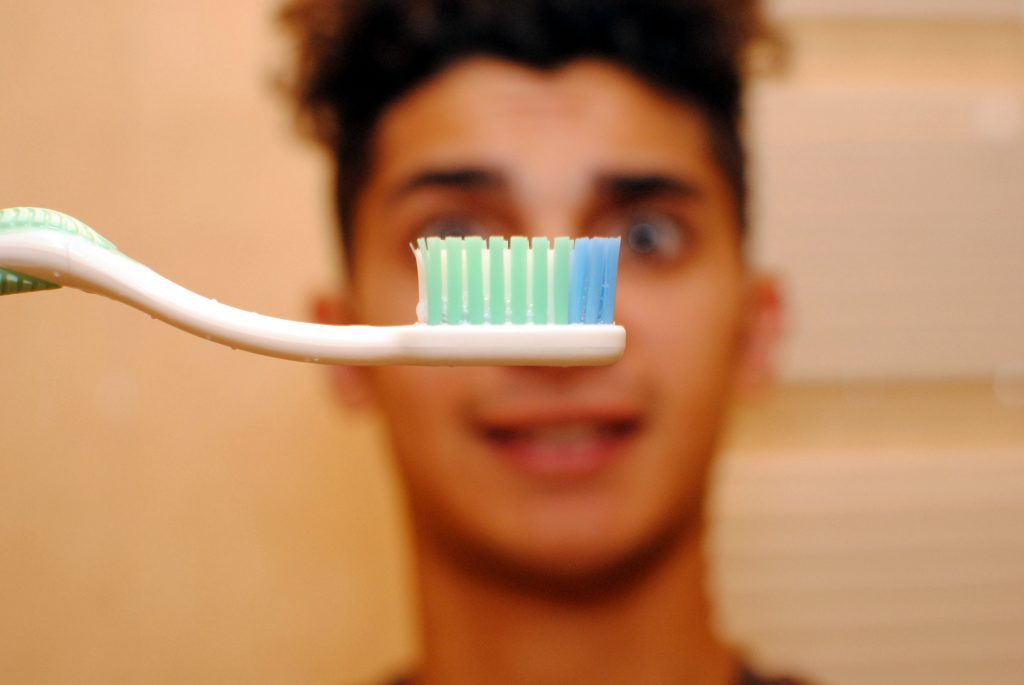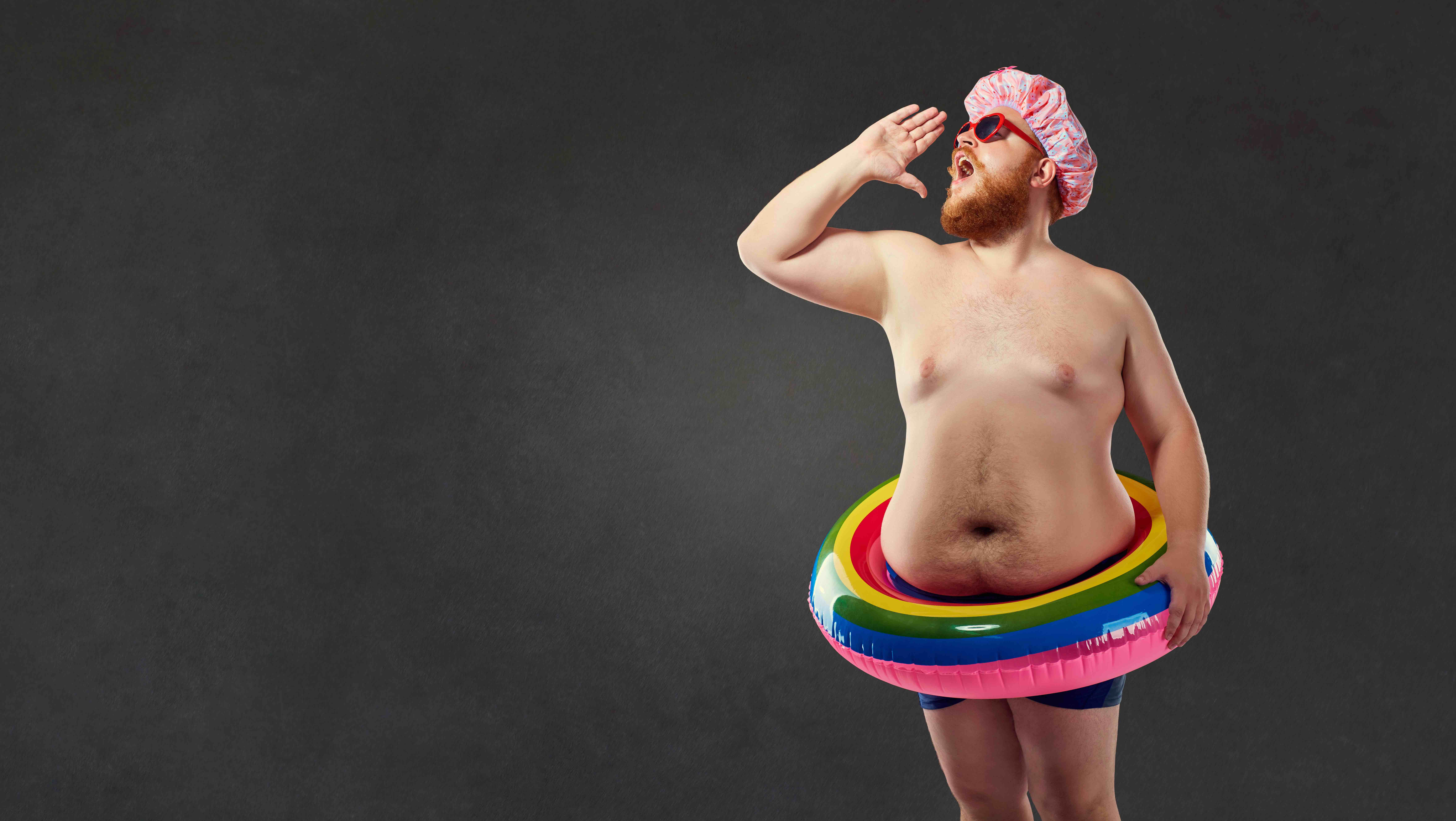

Could distractions really help your creative block?
Could distractions really help your creative block?
Working in a creative industry means you have to come up with lots of different ideas all the time. It won’t be in the one setting, either: you might have a team session to work on a new project, an update call with a client, or just working out how to deal with a particular situation so you and your colleagues can be more efficient.
And you know what? It can take its toll on you. We’ve all been in those meetings where we’ve been asked to come up with an exciting new idea and just can’t think of anything. You might come up with something – nothing special, though – and spend the rest of the day trying to come up with a better alternative. But nothing.


And then… you come up with your best idea that evening when having a shower or brushing your teeth.
Why is that, though? The answer could be that you’re being distracted.
A distraction could help improve your chance of getting a solution. It may be that having a ‘laser sharp focus’ on the task at hand is having the opposite intended effect on you. If your mind gets stuck in the same routine, then you could spend too much time contemplating those first ideas you come up with rather than coming up with something else.
This is known as cognitive fixation and is thought by many psychologists to be a leading obstacle to true creativity.
One of the tests carried out by Jackson Lu and a team at Columbia Business School in 2017 was to look at convergent thinking. Here, you look at three words and try to come up with a common linking word (in this study, ‘let’, ‘mission’ and ‘way’ were linked by the word ‘sub’). While some participants were tasked with looking at two problems in sequence, others had to switch between them. The result: 51% of those in the multitasker group solve the problem, compared with 14% of those who dealt with them sequentially.
Also, creativity is a skill that can be sharpened by being a bit distracted. There are some people who can produce high-quality work in a noisy environment – or, as Darya Zabelina of Northwestern University put it in an article on Medical Daily: “People who have some type of real-world creative achievement appear to have more, what we call, leaky sensory gating. They physically let in more sensory information than people with fewer real-world creative achievements.”
In Zabelina’s 2015 study, 84 people engaged in various tasks to measure creative output. One set looked at exercises using divergent thinking (ie thinking of as many solutions as possible to a problem), while the rest used real-world creative achievement (ie producing something tangible with a clear structure). At the same time, participants completed a memory test while in an fMRI scanner to see how the brain let in sensory information depending on the type of creativity being employed.
The study found that those using divergent thinking did worse on the memory test: the door was locked. Yet the sensory gates of those who used real-world creative achievement leaked.
Zabelina added: “People are more sensitive to the world, they notice more, they have more information to choose from, so they can come up with creative ideas.”
What about getting inspiration in the bathroom, though? Shelley H Carson of Harvard University said that, if you’ve been working on a problem, you can get into an ‘incubation period’ by a distraction – such as taking a shower. Your subconscious mind has been trying to come up with a solution all day and, now your mind has a chance to wander, it can then put those ideas into your conscious mind.


Neuroscientist Alice Flaherty also says dopamine is the most important ingredient to ignite your creativity in the shower. This neurotransmitter sends signals between nerve cells in our brains – and it involves memory, attention, motivation and body movements. Our bodies relax when there’s a surplus of dopamine, so clearing the route for our creative ideas to flow. Dopamine can be released during exercise and when listening to music, for instance, as well as in the shower.
So while trying to think of your next great campaign, experiment with doing something else instead. It might not be for everyone but, you never know: your next spark of inspiration may come along while carrying out another totally unrelated task.
Rosie Nicholas
Recent posts
-
23rd May 2024
From equality to equity – the changing face of EDI -
22nd June 2023
Why go looking for your inner child? -
8th June 2023
Why employer-supported volunteering does everyone good
